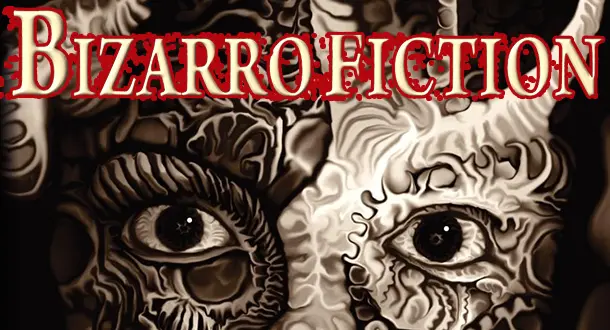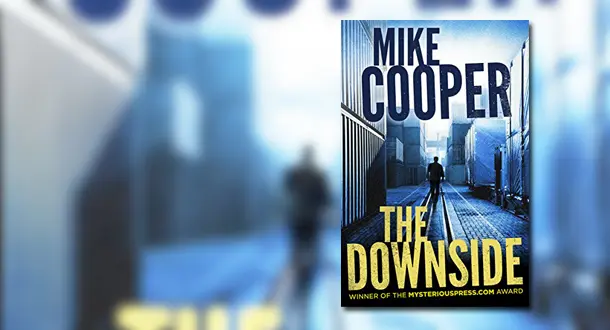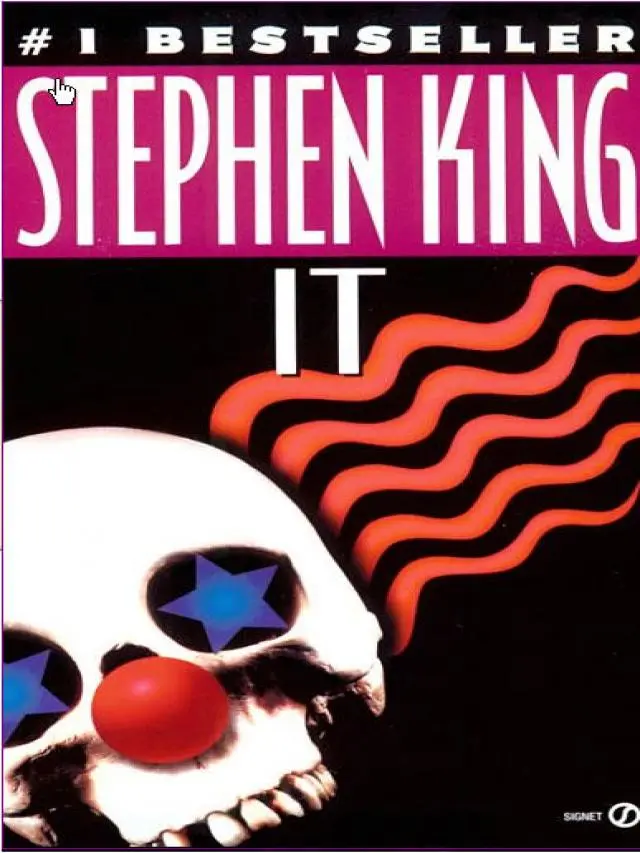Menu
Columns
Showing 3546 Columns
Showing 3546 Columns
September 19th, 2017

It’s back to school time. According to the aisles of stores. Man, I hated that as a kid. It’s like, I KNOW we have to go back to school. You don’t have to put up a big banner about it. That’s like having a huge, enthusiastic banner at a funeral: “You’re Dead!” In fact, the more I think about it, the more I like that comparison. Those back to school banners do signify a death: The death of summer. The death of fun. The death of reading whatever the hell you want.
Read Column →September 18th, 2017

For some strange reason, there are more articles about the origins and definition of bizarro than about what this genre is doing now. While the history of the genre is great, and defining it is as entertaining as anything else when it comes to debating literary definitions, the fact that bizarro has grown exponentially in the last few years is what I think we should be focusing on. Once an almost underground movement, bizarro is now everywhere, and the authors currently working under its banner are among some of the best contemporary purveyors of fiction across all genres.
Read Column →September 15th, 2017

Image I'm so stoked for Darren Aronofsky's new film, Mother! Ever since I saw Pi I've been a super-fan. I've watched all of his movies multiple times and have used them as background atmosphere while I worked on certain projects. Going through all of his films can be as helpful and inspiring as any craft book. One of my goals is to try to do what Aronofsky does with his films in my own writing.
Read Column →September 14th, 2017

The Defenders, Marvel’s epic crossover between its (mostly) beloved Netflix series, finally landed on the internet to a mixed response. While many fans greatly enjoyed watching their favorite heroes interact with each other (much like they did in The Avengers five years ago), others found their fun tempered by serious flaws in the storytelling. The show gets off to a promising start, but by the end it has squandered its potential by making all of the same mistakes as its predecessors, all while adding a slew of new ones.
Read Column →September 13th, 2017

Ah, inspiration. Or, as some writers might instead say: Hello, darkness, my old friend.
Read Column →September 12th, 2017

I love work.
Read Column →September 7th, 2017

Original image: Arthouse Studio via Pexels I can still remember the first time I dropped an F-bomb. My friends and I had tied a giant log to a rope hanging from a swing set, and we were spinning it around. I got too close to that spinning, wooden devil, and it blasted me in the face, knocking out my front teeth. In that moment, I used a word I had been very familiar with but had yet to ever utter. Fuck.
Read Column →September 6th, 2017

Header image by mahdi chaghari On one hand, I try not to discuss movies with people online because most folks have very strong opinions about everyone else's opinions, and because trying to escape my ultraviolent past is hard to do when someone mansplains a film to me or tries to explain why I didn't "get" a movie. However, from time to time, I engage in movie talk with friends, and one of the most touchy subjects is remakes.
Read Column →September 5th, 2017

When I pitched the idea for this column, I was told it was cool so long as I kept it classy. After I found my monocle, which had fallen out of my eye due to my wide-eyed, shocked expression (“ME?! How could I be NOT classy?!”), I started thinking about how to tackle the topic. With IT coming to theaters, readers and non-readers alike are becoming aware of a piece missing from the movie. I’m talking, of course, about the sex scene. The one that’s (not incorrectly) referred to as a “child orgy in the sewer.”
Read Column →September 4th, 2017

Original image via Pexels I am a working writer, and I’ve been guilty at some point or another of all seven of these sins. I still struggle, but I make an effort to not do the stupid shit listed below. Some of these are rookie mistakes; others are self-destructive and toxic to the literary community. Stopping even one of these behaviors will help an aspiring writer become the writer they are supposed to be.
Read Column →🎼
Tell us about your book, and we'll give you a writing playlist
Take our 1 minute quiz to find your ideal tunes.